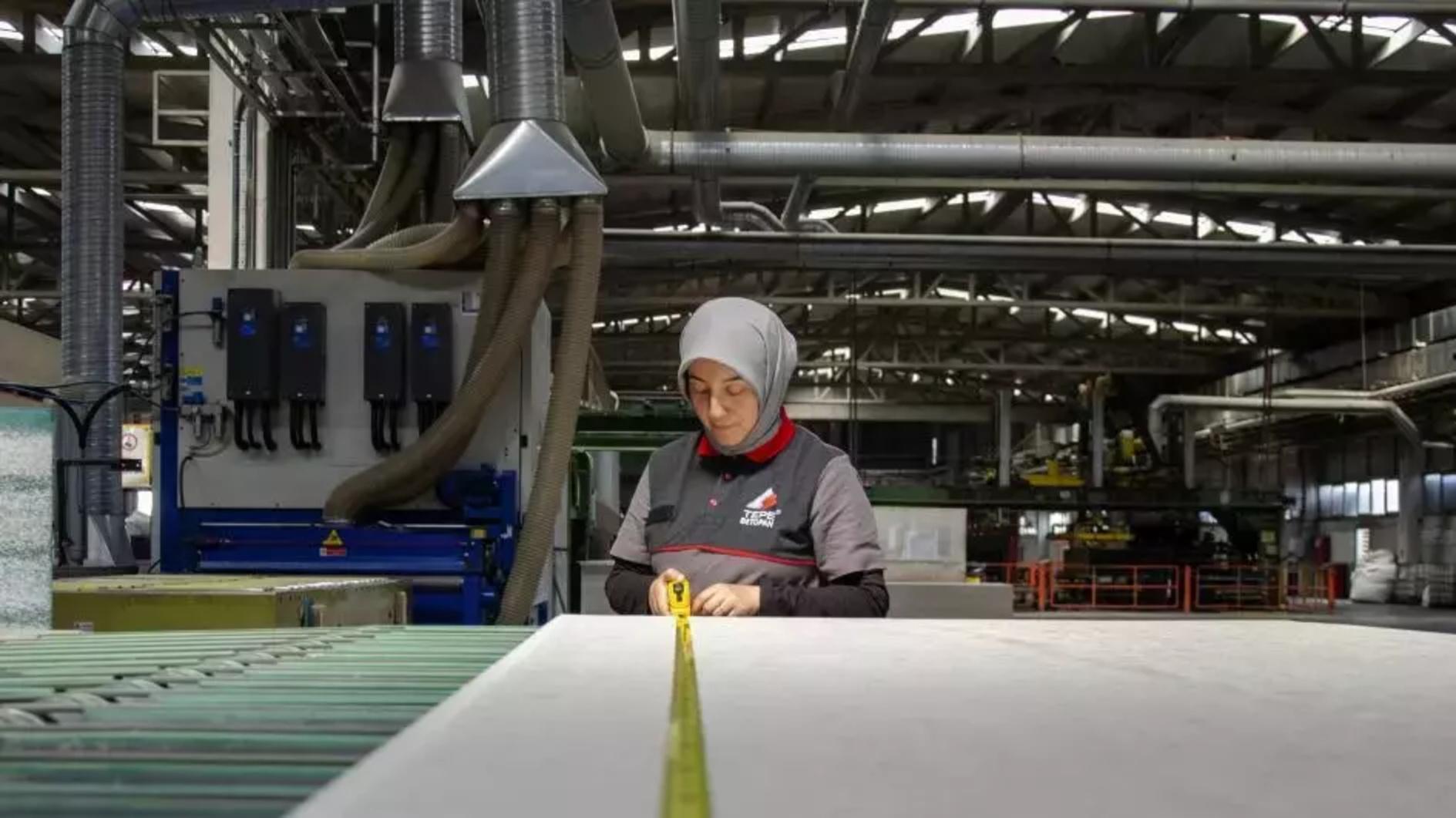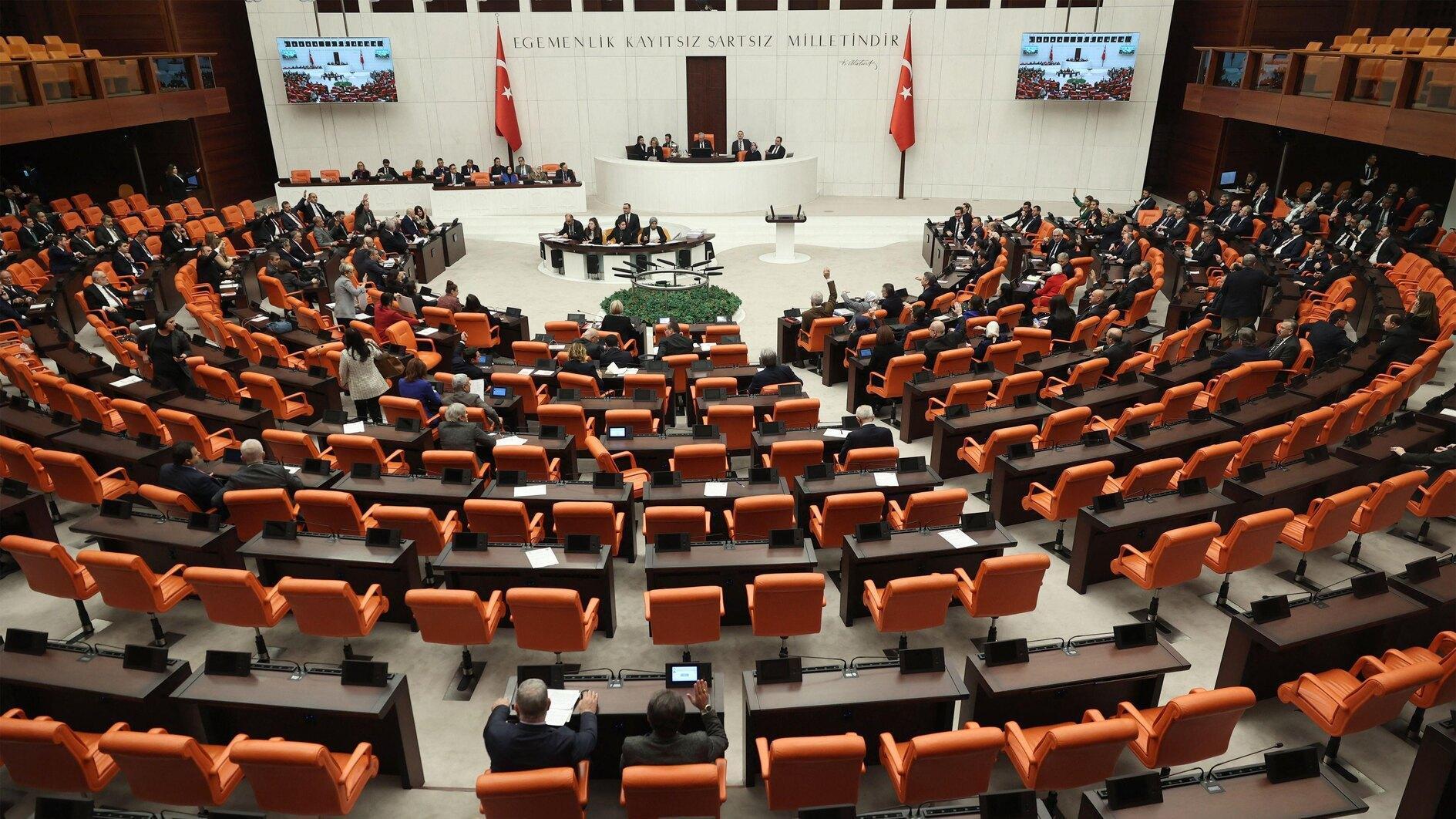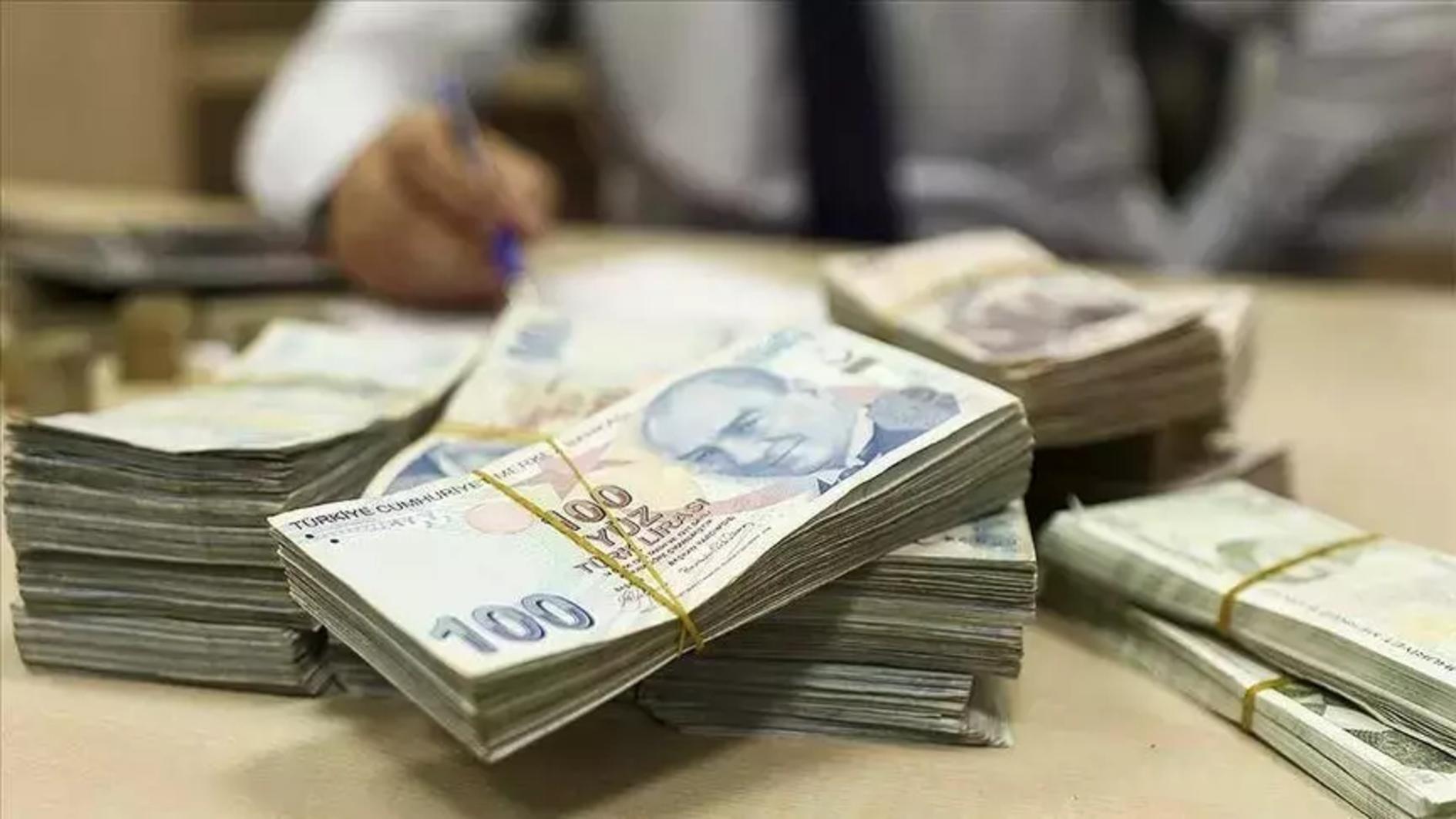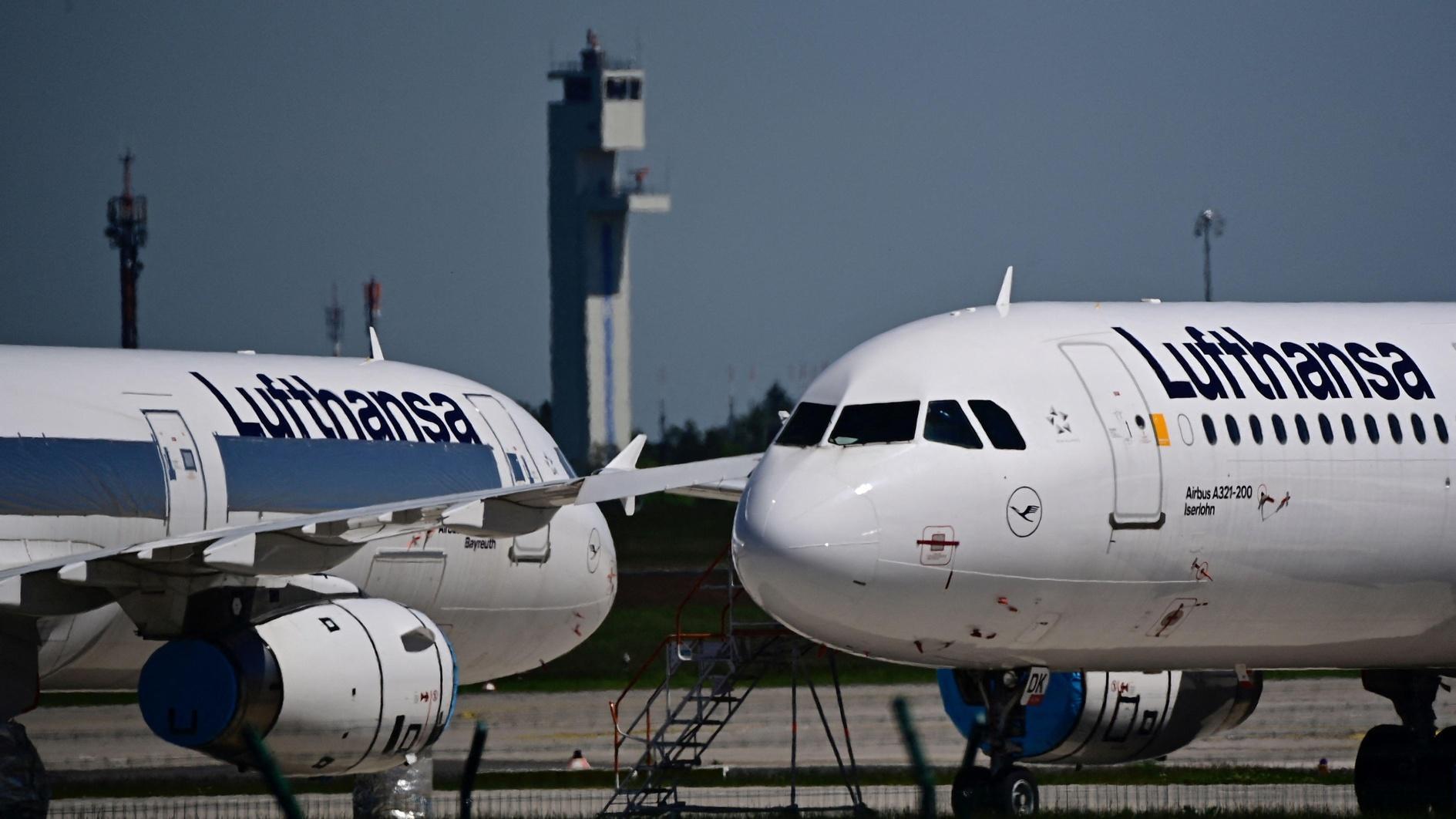Where is Turkey in the Sunni-Shia conflict?
With tensions growing between Saudi Arabia and Iran, the sectarian conflict in the Middle East is approaching the boiling point. The second American intervention in Iraq altered the long-established balance in our region, and created an environment where sectarianism came to the surface. The Arab awakening shattered whatever checks remained. The tensions between Iran and Saudi Arabia threaten to escalate this conflict to the state level.
But what exactly is the role of religion here? Are the theological foundations so deterministic that they would make Turkey, a country with a predominantly Sunni population, an automatic ally of Saudi Arabia against Iran? No. Let me elaborate.
Despite its historical role as the seat of the caliphate and Sunni majority power, modern Turkey has barely had a noticeable role to play in any sectarian polarization. With the Shiites, there is always Iran to lead the process. Sunnis, being the majority, have a more scattered approach. Those in Syria are deeply into the sectarian conflict, while others are involved to varying degrees. Egypt is sometimes seen as the leader of Sunnis, but it is looking inwards these days. Wahhabism and all other shades of Salafism, including the Islamic State of Iraq and the Levant (ISIL), have their natural representatives in Saudi Arabia and Qatar.
Turkey is situated at the intersection of these countries, and despite being majority Sunni it is a country with a long history of pluralism, cohabitation and harmonious diversity. You can call this strand one of “democratic development.” That is what President Recep Tayyip Erdoğan chose to emphasize on his Egypt visit more than three years ago, when he was still prime minister. He said he was the devout Muslim prime minister of a secular country. No wonder Turkey is the only Muslim majority country with the first civil code in the region.
While the Arab awakening has gotten out of hand, Turkey’s only message to the surrounding region is one of democratic development. Turkey is like Wittgentein’s soil here. “My [read: Turkey’s] originality is the originality of the soil, not the originality of the seed.” That is what the Turkish experience is about. As far as I can see, there are two critical factors here to keep in mind.
First, Turkey’s stance is not a recent development, but deeply rooted in history. The Sunni Hanefi-Maturidi tradition, to which Turkey’s Sunnis belong, matured in the urban environments of Baghdad and Samerkand, and spread to Istanbul, Damascus, Cairo and Islamabad, where many faiths coexisted. If you are looking for an antidote to the aberrant revolutionary Salafism of ISIL, this urban Muslim tradition is it.
Second, our region sits atop an area of massive migration from rural to urban environments. Why is this important? Because it puts people of different cultural and religious backgrounds into the same space, without giving them enough time to adjust to each other. According to official statistics, Aleppo’s population in 1985 was 500,000. By 2005, it had reached 2.3 million. This means that the city grew more than four-fold within a single generation. These people had no time to develop a culture in which diversity could be valued. Turkey, as the formal imperial center of the region however, is better positioned.
I see the latest visits of Prof. Mehmet Görmez, the head of Turkey’s Religious Affairs Directorate (Diyanet), to both Iran and Saudi Arabia as an illustration of Turkey’s unique position. Prof. Görmez prayed in a Shia mosque following a Shia imam, and went on to do the same in Saudi Arabia. This is because Turkey has centuries of experience in diversity.
We should remain confident in this experience and avoid getting sucked into the sectarian conflict, if you ask me. With growing diversity in our region, pluralism and democracy becomes more urgent. That’s where Turkey could be considered a good source of inspiration.











